On Friday, April 16, Japanese Prime Minister Yoshihide Suga will visit President Joe Biden at the White House. The optics of the first in-person leaders’ summit since Biden’s inauguration will undoubtedly be powerful. It will mark the resumption of personal diplomacy at a time when both the United States and Japan have recently experienced leadership transitions. President Biden and Prime Minister Suga will therefore be afforded a rare opportunity in our pandemic era: face-to-face communication and cultivation of personal ties, both essential to create bonds of trust. The meeting will offer a chance to consult on China and coordinate ahead of upcoming multilateral summits on climate change and the G-7+3 (to include India, South Korea, and Australia).
In inviting Suga first, the Biden administration is cementing the position of Japan as an indispensable ally in tackling vexing regional and global challenges and reaffirming the high priority he attaches to the Indo-Pacific. In accepting this clear deference, Suga faces his most significant diplomatic opportunity and test since taking the reins of government last fall. Without much direct contact with foreign leaders in his prior career, he can use the White House meeting to put his own imprint on Japan’s foreign policy and build his credentials as a statesman. Coming out of this summit as an adept handler of Japan’s most important security relationship would also serve the prime minister well when he faces Japanese voters later this year in the general election.
The expectations for the Biden-Suga summit are high because they will cap a robust diplomatic blitzkrieg in the Indo-Pacific. Last month, the first-ever Quad leader’s summit (with concrete deliverables on vaccine diplomacy and the creation of working groups on climate change and emerging technologies), was followed by 2+2 meetings of foreign and defense ministers in Tokyo and Seoul with their American counterparts. Soon thereafter, the national security advisors of Japan and South Korea traveled to Washington for a meeting with National Security Advisor Jake Sullivan. These consultations and joint initiatives with allies and partners served as bookends to the high-level meeting between American and Chinese officials in Alaska.
From this maelstrom of diplomatic activity, Tokyo and Washington emerged more aligned and prepared for shared lines of effort. There was greater convergence on the strategic framing of the China challenge. Tokyo surprised many with its joint statement from the 2+2 meeting to directly call out Chinese assertive behavior that destabilizes the international order, and the joint emphasis on the importance of stability in the Taiwan Strait did not go unnoticed. The Biden administration has rejected all-out rivalry with China, emphasizing instead tough competition and selective cooperation — a preferred frame for Japanese policymakers. Leveraging the U.S.-Japan alliance and the broader reach of cooperation among the Quad democracies to deliver public goods to the region and beyond is an important repositioning. An alliance that embodies a “can-do” attitude can help the United States recover the lost ground from the past four years of defensive and narrow bilateralism. It taps into strong complementarities, with the United States carrying a heavier burden on security and defense and Japan playing to its strengths with its long-term trajectory of financing infrastructure, development, and promoting supply chain connectivity in Asia.
At Friday’s summit, Biden and Suga are poised to endorse an increasingly shared framing of strategic challenges in Asia, to find common cause in supporting democracy and human rights, and to showcase the potential of a problem-solving alliance. In addition to COVID-19 response, summit deliverables may be forthcoming in the areas of climate change and supply chain strengthening. Only recently did Suga scale up Japan’s ambitions for decarbonization. Hence, Japan’s ability to put on the table ambitious initiatives on climate — including a rethink on financing for overseas coal power plants — will be tested. But Japan is more seasoned in reducing dependence on China for strategic commodities (rare earths), and Japanese firms play an important role in specific nodes of the semiconductor supply chain and other advanced manufacturing. Developing a trusted supplier network, diversifying sources of supply, and nurturing complementarities between American and Japanese companies in high-tech supply chains are fruitful areas of future cooperation.
Closer U.S.-Japan alignment in the Indo-Pacific is palpable, but gaps among the allies are also visible and will require careful management.
Closer U.S.-Japan alignment in the Indo-Pacific is palpable, but gaps among the allies are also visible and will require careful management. While the Japanese government has condemned China’s repression of human rights in Hong Kong and Xinjiang and the violence the military junta in Myanmar has unleashed on its people, it has refrained from imposing sanctions. There is unease in some Japanese policy circles about being too forward-leaning in countering China and sacrificing the carefully orchestrated rapprochement initiated a few years ago. Even though the Biden administration elevates the importance of alliances, it takes a defensive position on trade and investment relations under the mantra of “Buy American” and “Made in America.” Hence, it competes with China with a self-imposed handicap: the lack of a positive trade agenda. Besides, the broader concerns will of course go unspoken when the leaders meet in Washington, namely, the inconstancy of American diplomacy from one administration to the next and the worry that the impermanence of Japanese leaders may yet return. Domestic politics, therefore, loom large in the ability of both countries to rekindle the spirit of a “can-do” alliance that can position the allies to compete effectively with China and deliver for the region and the world in recovering from the onslaught of COVID-19.
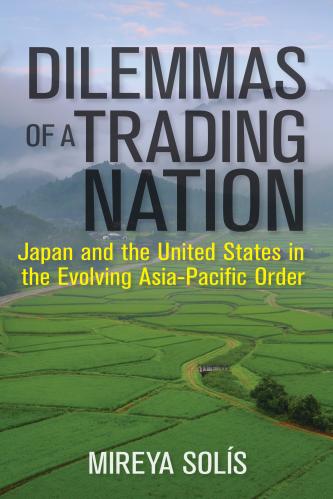
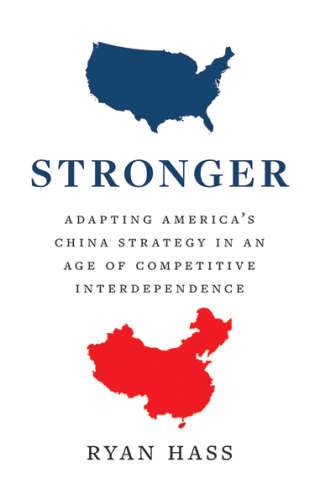
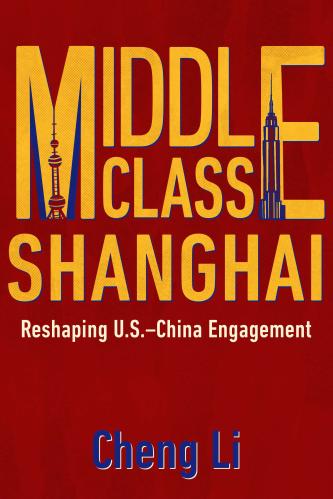
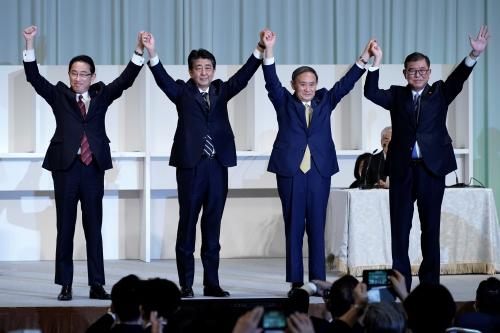
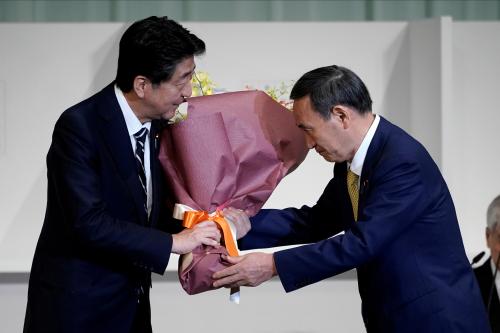

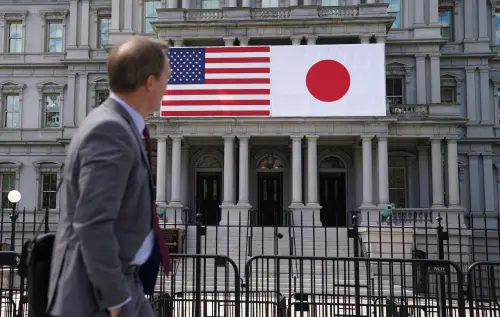
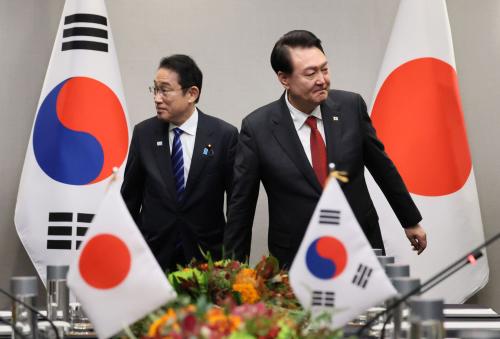
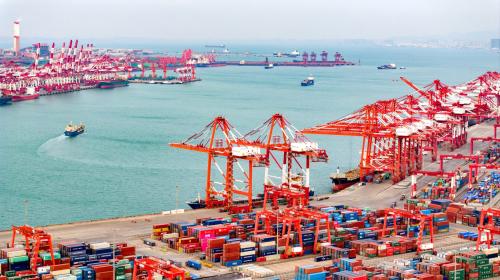
Commentary
Suga-Biden summit to rekindle ‘can-do’ spirit of the US-Japan alliance
April 13, 2021